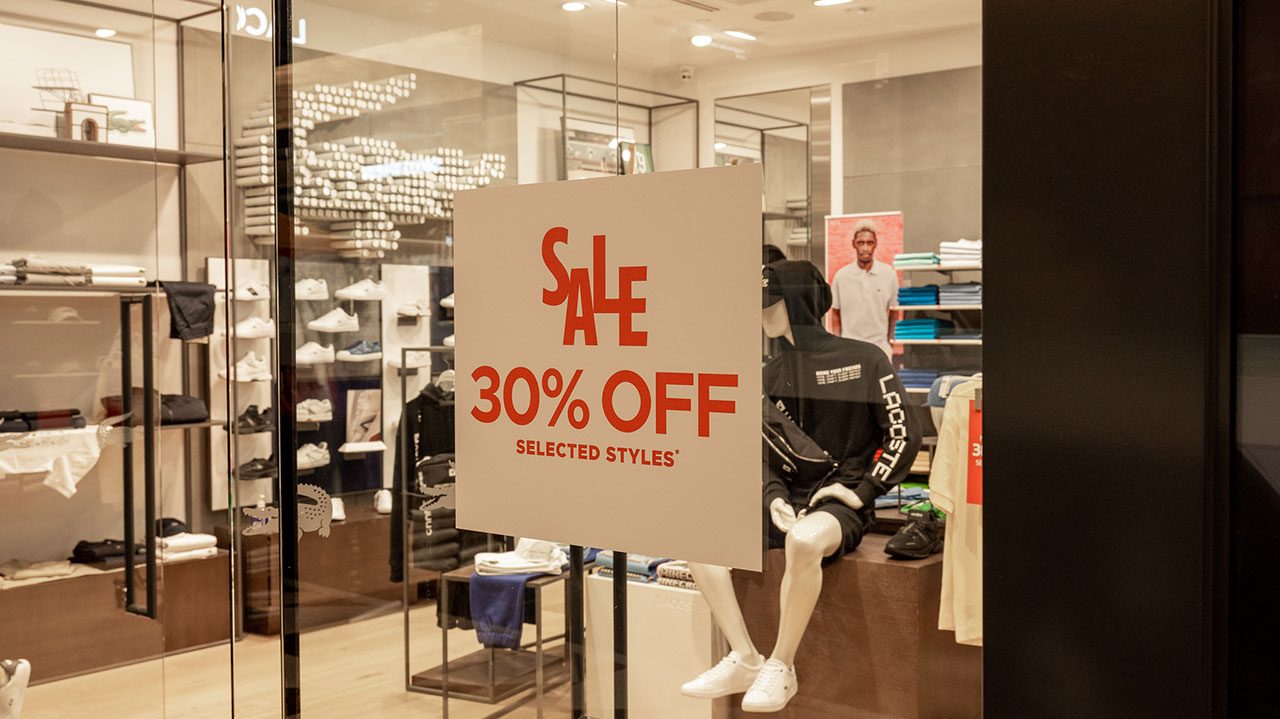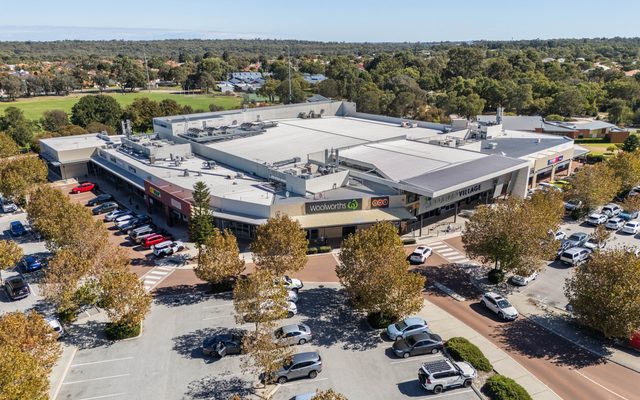This article is from the Australian Property Journal archive
SHOPPING centre transactions have slowed to a trickle in 2022, and investors would need to settle for lower returns or capitalisation rates would need to rise for deals to pick back up.
The latest data from The Data App, part of research collective the PAR Group shows shopping centre transactions in the three months to November were around just 30% of what they were a year earlier. Just under $300 million worth of retail property was sold in the three months to November, across 5.7 transactions, a 79% fall from the $1.4 billion-plus that changed hands in the same period last year across 17.4 deals.
Prices per sqm have fallen 75%, as have the volume of per sqm transactions.
Capitalisation rates have continued to rise from their sub 5% level earlier this year, up 20 basis points over the three months to 5.88%, while the implied risk premium has come down 155 basis points to 3.96%.
“Whilst there is a fair chance shopping centre transactions pick up form their current lifeless level, the outlook for consumer spending is uninspiring,” said The Data App director, Rob Ellis.
Australian retailers are sprinting to Christmas before consumer caution takes hold early in the new year, and a difficult six months could bring a short and shallow retail recession, according to Deloitte Access Economics. ANZ and Roy Morgan research has shown consumer confidence rose for a third straight week but remains at “exceptionally weak” levels.
Ellis said income growth is modest and, whilst this may pick up going forward, it may result in a reaction by the central bank, with higher interest rates, in order to nullify the possibility of a wage/price spiral.
“Consequently, it seems real income growth will, at best, be very modest. In addition to this headwind, next year will see some mortgages, currently on a low fixed-rate ratchet higher,” he said.
“Finally, the weakness in the housing market, both residential prices and building construction, resulting in lower transactions, is likely to translate into weaker demand at large format outlets.”
In the latest Australian Property Journal Talking Property podcast, Benjamin Martin-Henry, Head of Real Estate Research, Pacific with Real Capital Analytics (MSCI), noted that retail investment volumes fell 41% in Q3, and for the first three quarters of the year were down 18%. The picture for yields was mixed. Yields for city centre, large format, and big box retail assets compressed; but at a slower pace than the prior quarter.
Ellis said that whilst there is no explicit reason to expect mean reversion of the risk premium back to a shade under 6%, investor are receiving “very little” risk compensation for investing in commercial retail assets in an environment of likely soft/weak retail spending.
“Consequently, for retail transactions to pick up, it would seem the necessary conditions are, either investors need to accept low returns, compared to history, or cap rates need to rise a good deal further.”
Ellis said the likely downside risk to retail spending seems at odds with an implied risk premium on commercial retail assets which is currently close to a 10-year plus low.
Amongst the major recent retail transactions were Haben again teaming up with Hong Kong’s JY Group Pty Ltd in a $270 million deal to buy the Forest Hill Chase shopping centre in Melbourne’s eastern suburbs from private equity giant Blackstone.
This week, Dexus turned a tidy profit from its ownership of a large format retail centre in Sydney’s west, selling Homemaker Prospect for $78.9 million to investment house AsheMorgan. Dexus had paid $64.2 million for the asset three years ago, planning to convert the 6.55-hectare site to industrial use.




